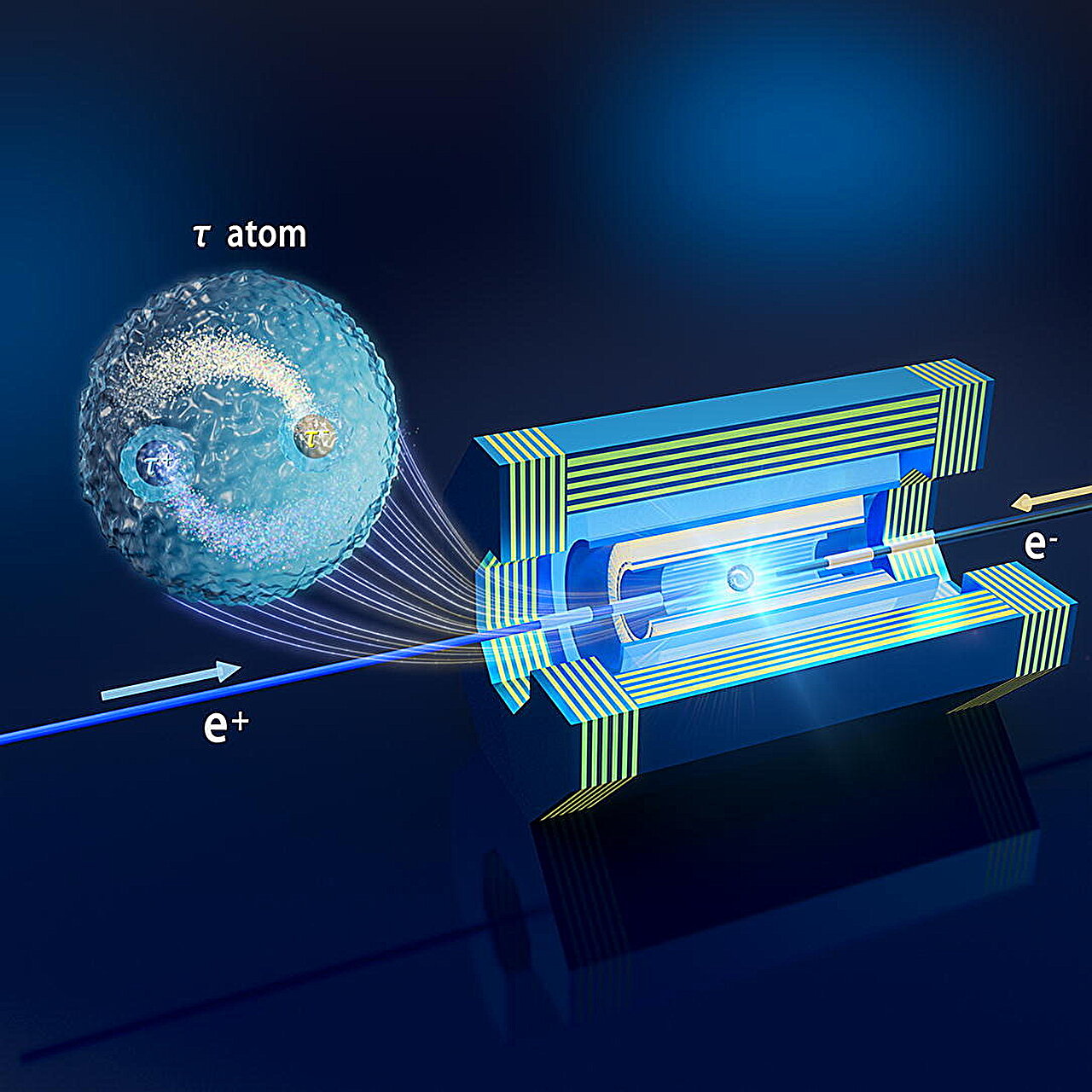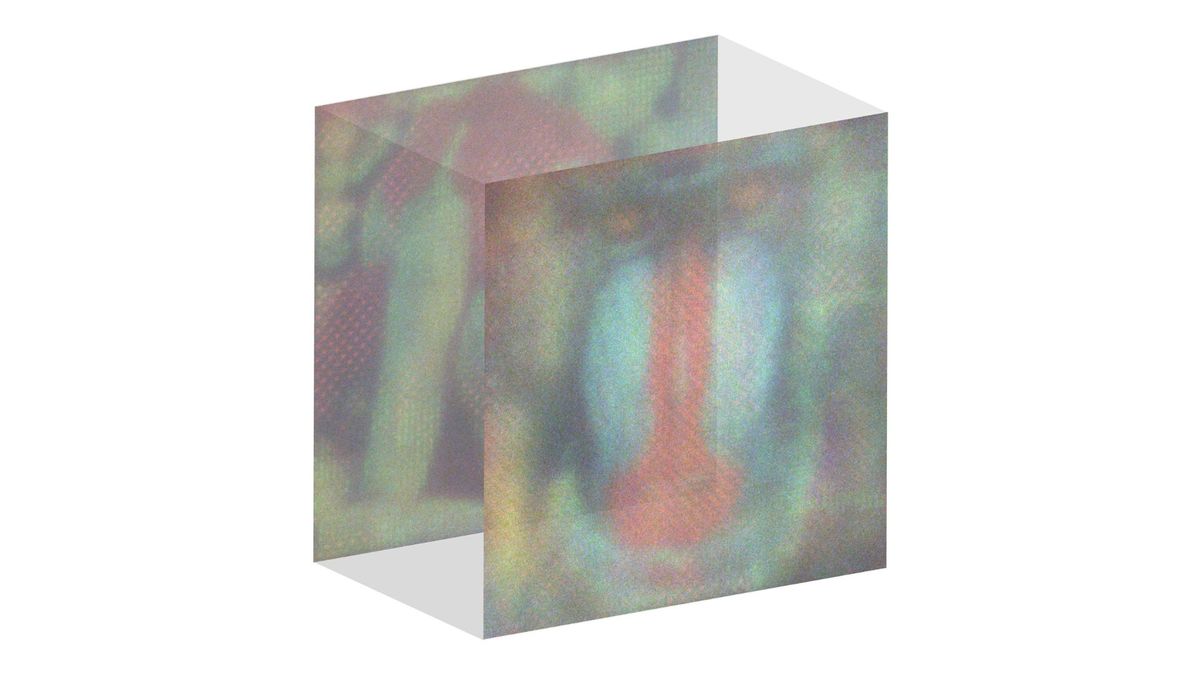Necessity of COVID-19 vaccination in previously infected individuals
Background The purpose of this study was to evaluate the necessity of COVID-19 vaccination in persons previously infected with SARS-CoV-2.
Methods Employees of the Cleveland Clinic Health System working in Ohio on Dec 16, 2020, the day COVID-19 vaccination was started, were included. Any subject who tested positive for SARS-CoV-2 at least 42 days earlier was considered previously infected. One was considered vaccinated 14 days after receipt of the second dose of a SARS-CoV-2 mRNA vaccine. The cumulative incidence of SARS-CoV-2 infection over the next five months, among previously infected subjects who received the vaccine, was compared with those of previously infected subjects who remained unvaccinated, previously uninfected subjects who received the vaccine, and previously uninfected subjects who remained unvaccinated.
Results Among the 52238 included employees, 1359 (53%) of 2579 previously infected subjects remained unvaccinated, compared with 20804 (42%) of 49659 not previously infected. The cumulative incidence of SARS-CoV-2 infection remained almost zero among previously infected unvaccinated subjects, previously infected subjects who were vaccinated, and previously uninfected subjects who were vaccinated, compared with a steady increase in cumulative incidence among previously uninfected subjects who remained unvaccinated. Not one of the 1359 previously infected subjects who remained unvaccinated had a SARS-CoV-2 infection over the duration of the study. In a Cox proportional hazards regression model, after adjusting for the phase of the epidemic, vaccination was associated with a significantly lower risk of SARS-CoV-2 infection among those not previously infected (HR 0.031, 95% CI 0.015 to 0.061) but not among those previously infected (HR 0.313, 95% CI 0 to Infinity).
Leave a Comment
Related Posts

Tale of Two Intersecting Epidemics: Why We Need mRNA Vaccines in Africa, and For All Who Are Immunocompromised
Comment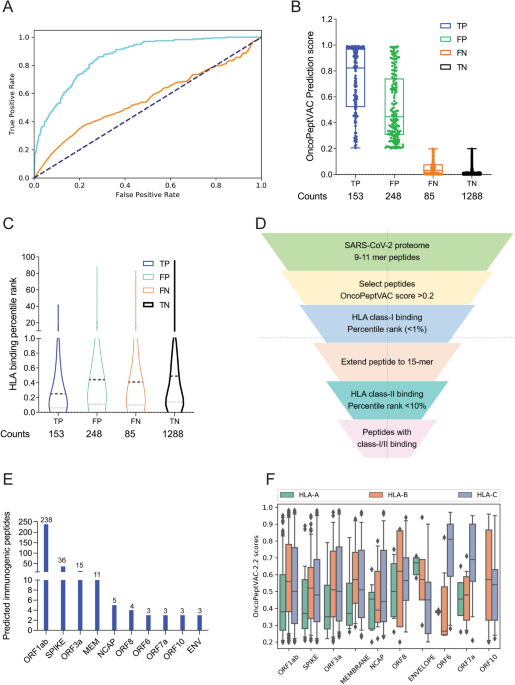
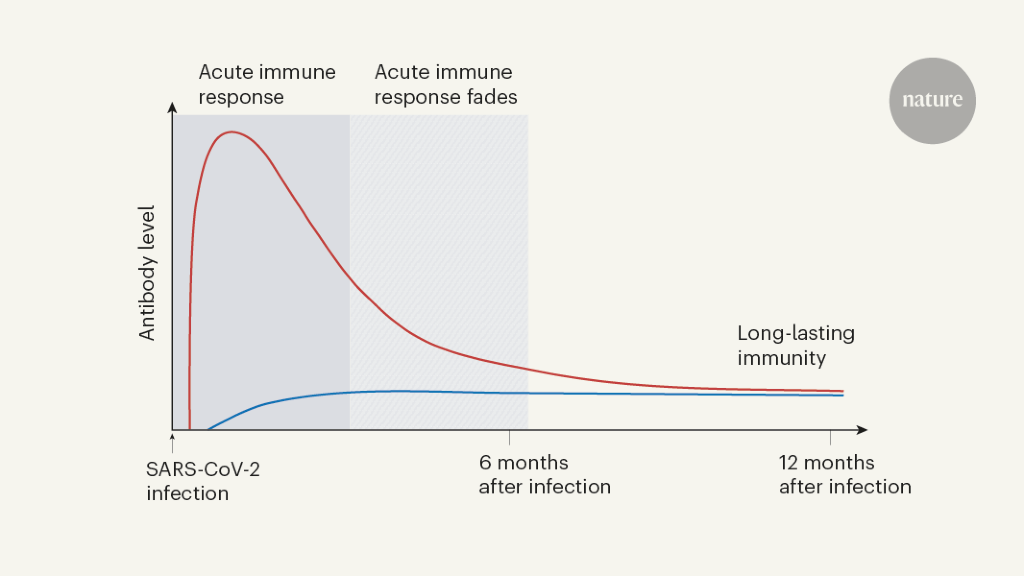




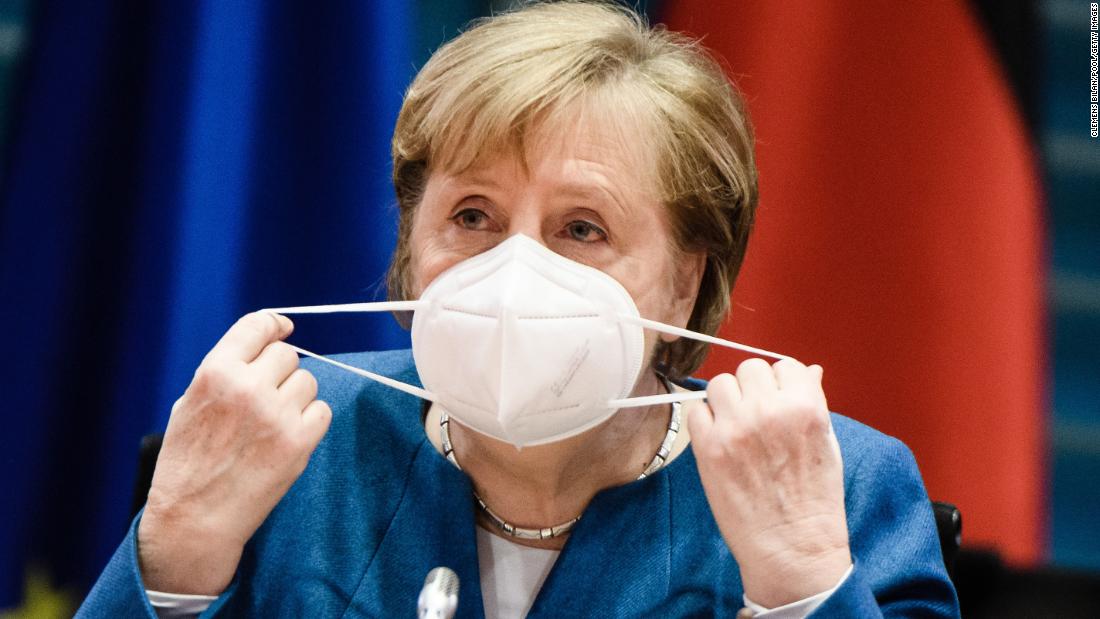
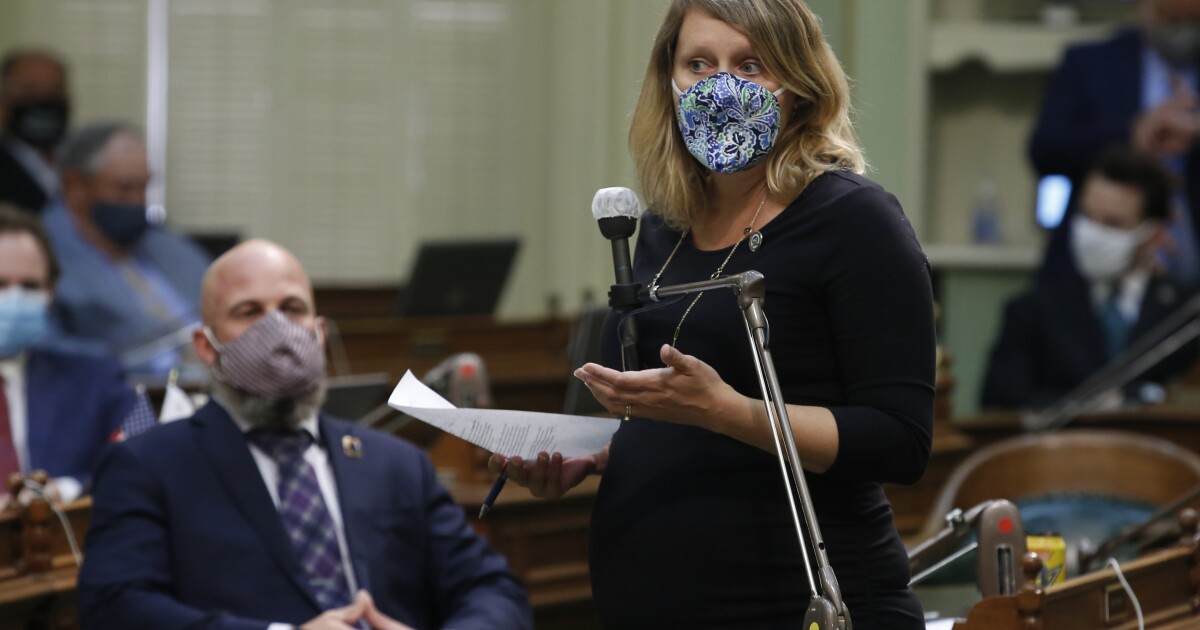





/cdn.vox-cdn.com/uploads/chorus_asset/file/25441198/2031002415.jpg)
